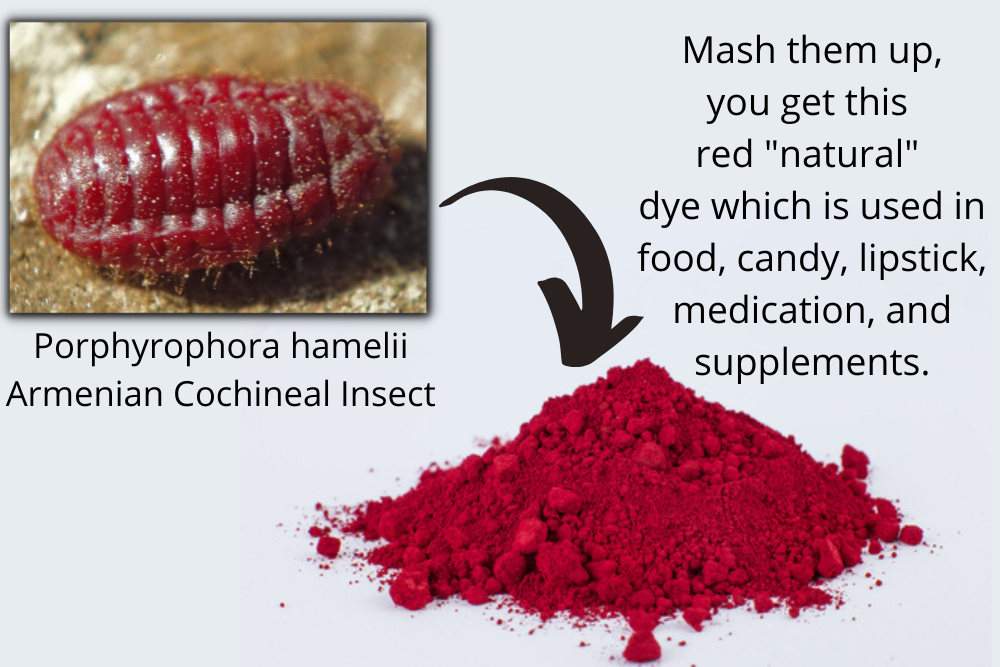What's On This Page?
ToggleAre you getting a great deal or a great deal of junk in your vitamins? I’m a big believer in nutrients if they appropriately target a health concern or a metabolic pathway.
If you can get 500 pills for $9.99, how good do you suppose those are after you add in the cost for the label, the bottle and cap, the neck seal, the desiccant and the cause for sourcing each ingredient?
Do you assume the manufacturer is doing due diligence and testing the purity of their formula at a reputable FDA-inspected laboratory… and if so, is the price worked into the formula you just bought for less than 10 bucks? Testing costs in the thousands, and it’s often factored into the formula’s final price. Then there’s freight.
So again, let me ask you: If you can get 500 pills for $9.99, do you think they’re any good?
You don’t have to be a mathematical genius, to know there are virtually pennies left to invest in the actual ingredients if the whole bottle is 10 dollars!
Vitamin C is Almost Always Corn Derived
Vitamin C is an essential water-soluble nutrient that must be consumed in the diet because the body doesn’t manufacture it. Excellent sources include fresh fruits and vegetables. Vitamin C is often derived from corn, not that that is horrible or anything (it isn’t) but it’s deceptive just the same.
Most people assume vitamin C is extracted from fruits where the antioxidant naturally occurs, for example, lemons, oranges, cherries, strawberries, limes, grapefruit and other fruits rich in C. Therein lies the problem because in actuality, most all brands of Vitamin C use a form of it that comes from corn, BUT THEY DON’T TELL YOU – it’s not on the label. You just see “ascorbate” or “ascorbic acid.” The makers that do use 100% naturally fruit-derived Vitamin C will say so proudly on the label so you know you’re getting really good (and natural) C.
A Great Deal? Really???
I get irritated when I notice a company preying on sick people, and also the elderly. With reduced kidney and liver function after age 70 for example, all those unnecessary ingredients, fillers, lubricants, and colorants add to the physical burden.
Stearate fillers aren’t really a great deal!
Let’s take magnesium or vegetable stearate for example. Most vitamins contain this ingredient. A “stearate” is a lubricant added to machinery to make the machines pump out the pills faster, and more efficiently, without messing up the gears on the equipment.
It is not absolutely necessary and in my humble opinion, it kind of ‘bubble wraps’ a formula.
Some scientists say it breaks down in your stomach acid, whereas other scientists feel that stearates interfere with preventing proper breakdown and absorption of nutrients. That’s NOT a great deal!
It has been used for decades, but if levels of it do not reach 1 percent of the total content, the use of magnesium stearate is usually not even disclosed on the label.
Some companies insist that stearates ensure proper encapsulation. That may be so for certain ingredients. It’s confusing. A study published in 1990 Immunology suggested that stearic acid could suppress your immune system, making you more prone to infection.
While this study remains controversial, many scientists debate the issue decades later.
Here are Some Tricks that Don’t Make it a Great Deal
I don’t think you need a bazillion probiotics in your formula! These little bacteria are pitched to you as “friendly” but how friendly are they if your own body spots them and sees them as a pathogen? The use of a formula that isn’t right for you may cause an autoimmune illness.
What about bug-derived ingredients?

Yes, for sure, some red pills contain carmine, a beautiful and natural red colorant. Carmine comes from crushed-up beetle juice basically! No company would dare put that on the label. Sometimes the name cochineal extract is used or, C.I. 75470, crimson lake, Natural Red 4, E120, or just “natural color.”
These insect-derived dyes impart a pretty pinkish, red color to almost all lipsticks. Carmine is often found in red-colored beverages, some ice cream brands, frozen ice pops, and candy. I don’t like the idea of bugs, even having lived in Florida for 35 years.
I can tell you with confidence that in my house there’s nothing red unless it’s naturally tinted with cherries. In my house, I chase bugs down with a broom, not a spoon!
Do Vitamins Make Expensive Urine?
It would help if you weren’t intimidated by fancy labels on your vitamins, or celebrities pitching you stuff. I want you to think it through, and realize that what I’m saying makes sense. There’s some truth to the adage, “vitamins make expensive urine” but that’s only if you buy cheap stuff that doesn’t even work.
More specifically, if you take vitamins that are not even biologically active, you’re going to just make expensive urine. Companies do this because the precursor nutrients are way cheaper than the body-ready, biological forms.
As an example, it’s very inexpensive to use folic acid, whereas 5-MTHF (natural methylfolate) is more expensive. Same with vitamin B6 as compared to pyridoxal 5’ phosphate. And also B12, often sold as cyanocobalamin, it’s cheaper to use than adenosylcobalamin or methylcobalamin (the mitochondrial or “mito” forms of B12).
Folate levels impact mood. Read my other article, Folate Predicts Your Personality and Brain Power.

I’m not picking on anyone, or any vitamins. I’m educating you so you can get a great deal while supporting your body this coming season.
You need to make sure that you spend your money wisely, on something that works, on formulas that are clean, that do not make your liver spin cartwheels trying to convert otherwise inactive precursor chemicals into real, actual nutrients.
When you see a study that trashes vitamins or suggests it impacts your lifespan in a negative way, please think. There have been several in the past years. One reason is that the researchers are studying the impact of inactive precursor chemicals, not on real nutrients that work.
They’re evaluating some chemicals that I would never suggest you take and sure, they find negative impacts sometimes. If they were to test their participants (or rodents) with biologically true bioidentical vitamins, the results would be more promising. But that’s not the point of these studies, to prove the usefulness of vitamins… the point is something entirely different.

Suzy Cohen, has been a licensed pharmacist for over 30 years and believes the best approach to chronic illness is a combination of natural medicine and conventional. She founded her own dietary supplement company specializing in custom-formulas, some of which have patents. With a special focus on functional medicine, thyroid health and drug nutrient depletion, Suzy is the author of several related books including Thyroid Healthy, Drug Muggers, Diabetes Without Drugs, and a nationally syndicated column.


